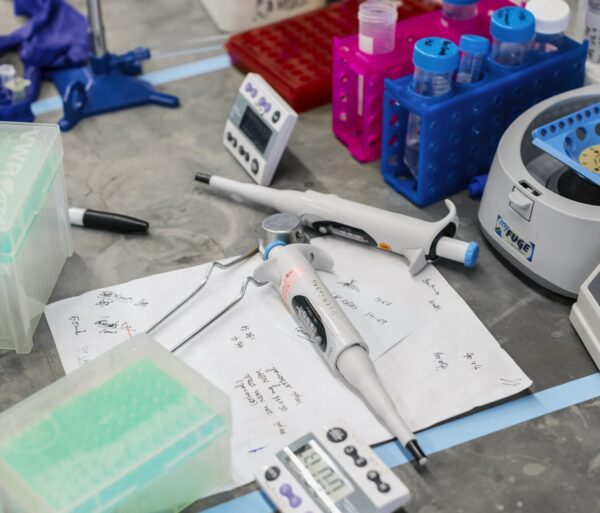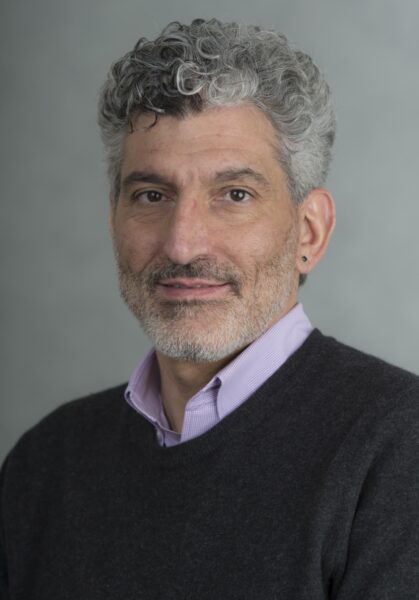
Most existing antidepressants affect mood and emotions by increasing levels of neurotransmitters called monoamines, namely serotonin, dopamine and norepinephrine. But the fact that these drugs are not effective for many patients suggests there are additional mechanisms underlying depression yet to be uncovered that could be targeted with new therapies. Support from BRF enabled Dr. Dane Chetkovich’s lab at Northwestern University Feinberg School of Medicine to show that those mechanisms might involve the hippocampus, a region of the brain important for learning, memory and emotional regulation. There, they saw that changes to HCN channels, typically involved in controlling the electrical activity of cells in the heart and brain, also played a critical role in behaviors linked to depression.
Chetkovich’s lab is now translating that insight into a potential gene therapy using mouse models. The researchers surgically inject mice with a nontoxic virus engineered to express a gene that turns off HCN channel function in hippocampus neurons. “When the HCN channels stopped working, the mice behaved as if they’d been given antidepressant medications,” Chetkovich explained. To date, Dr. Chetkovich’s team has been awarded three $40,000 BRF Seed Grants, enabling it to gather data leading to an additional $1,960,638 in funding from the National Institutes of Health. His achievement is an example of the importance— and success—of our early stage support.



